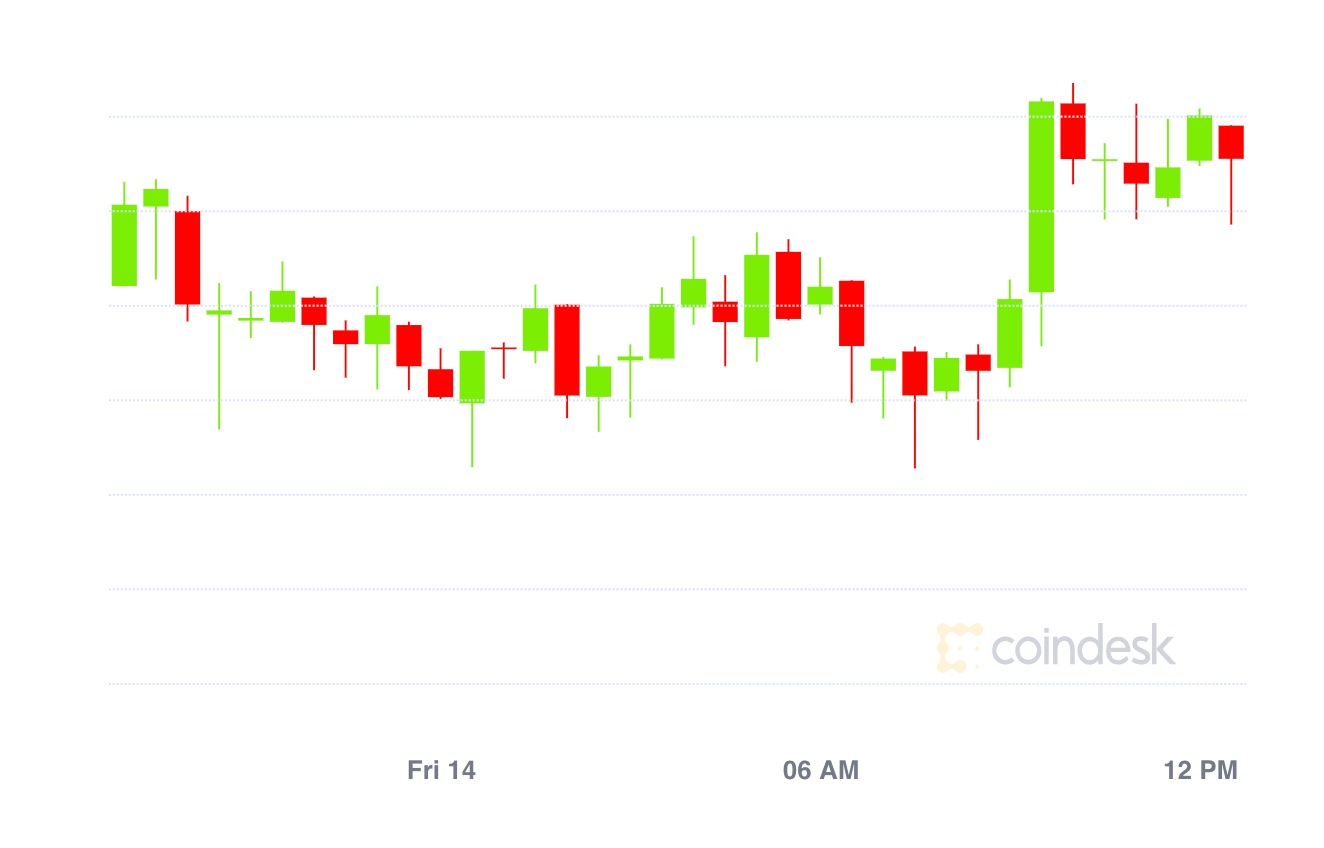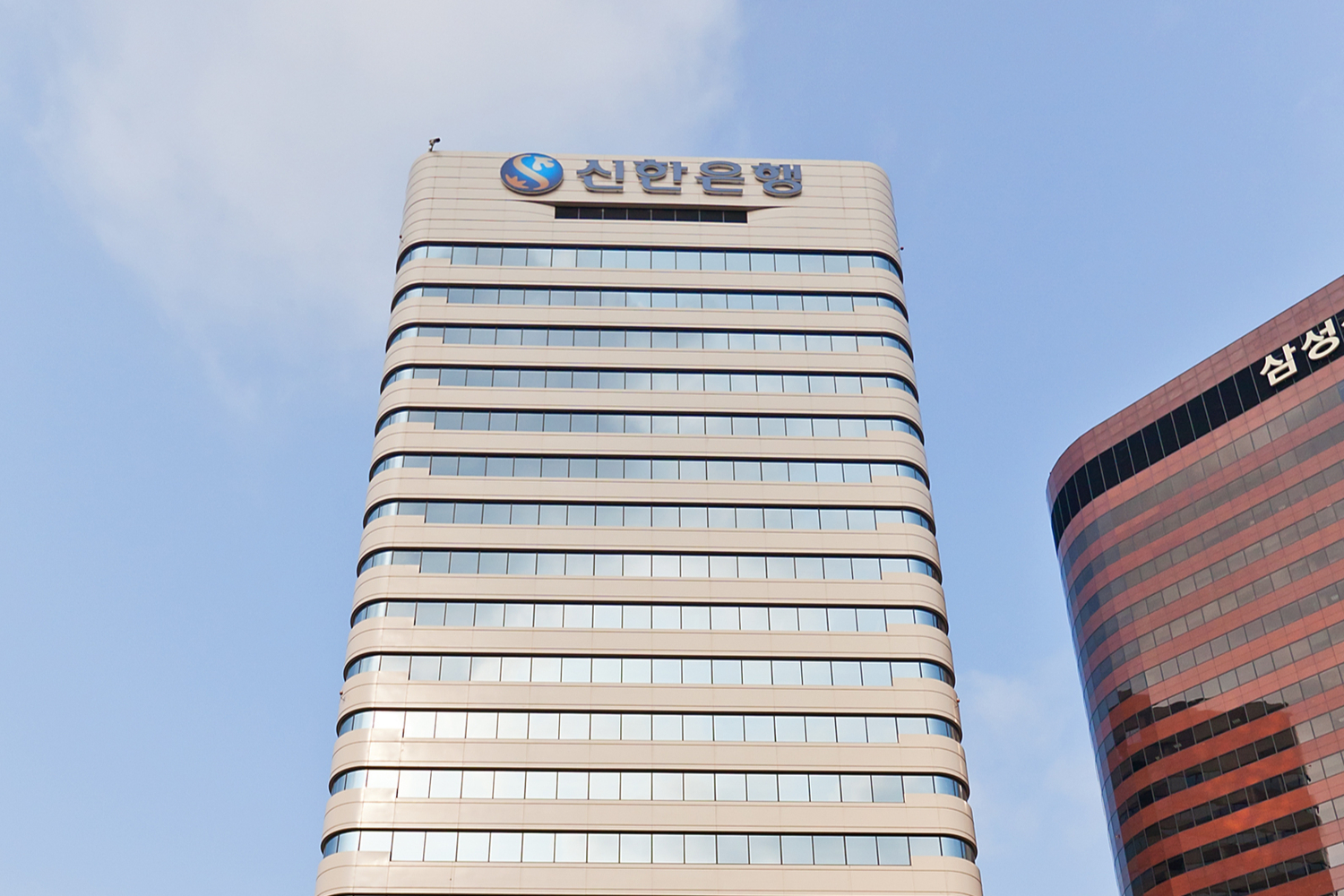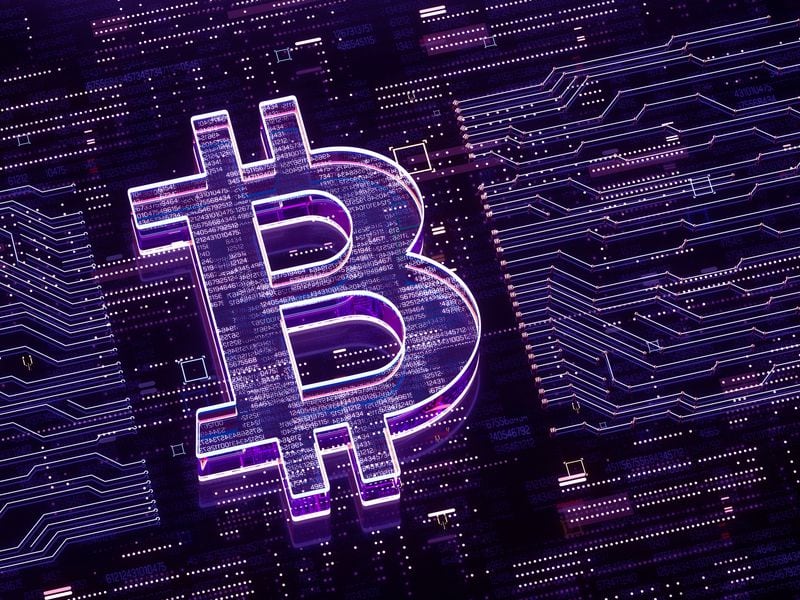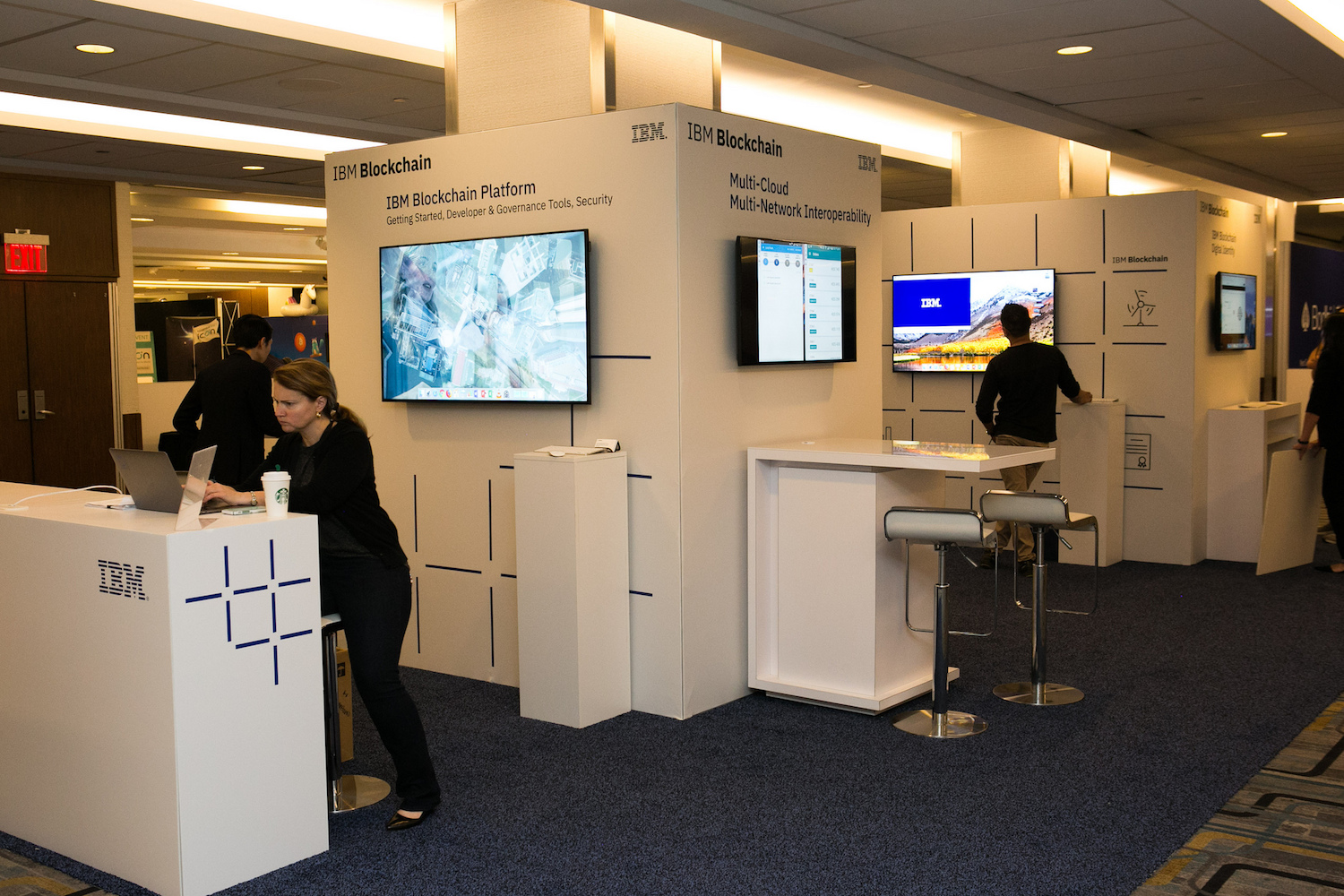BNY Mellon Aims to Go Live ‘ASAP’ on Trade Finance Blockchain Marco Polo
BNY Mellon Aims to Go Live ‘ASAP’ on Trade Finance Blockchain Marco Polo
Bank of New York Mellon has joined the Marco Polo trade finance consortium running on R3’s Corda, becoming the 28th bank to do so.
The $373-billion asset bank is evaluating Marco Polo’s technology with the intention of onboarding clients if the network’s capabilities fit clients’ interests, said Joon Kim, global head of trade finance at BNY Mellon.
“Our hope is that the business requirements of our clients will meet with what Marco Polo has to offer, and our intention is to move into live production A-S-A-P,” Kim said, meaning “as soon as possible.”
Kim wouldn’t reveal how many corporate and bank clients are receiving trade services from the bank, but said that BNY Mellon works with 1,400 financial institutions in total.
For banks around the globe that want to create their own trade operations but don’t want the hassle of developing a new division, BNY Mellon offers white-labeled trading services. In September of this year, the bank announced at the annual Sibos conference that it had expanded its trade services with KeyBank, a U.S. regional bank with $416 billion in assets.
Trade finance is a “critical” part of BNY Mellon’s transaction banking business, which also consists of payments and liquidity products, Kim said.
BNY Mellon chose Marco Polo because the blockchain works well for open account financing, which makes up around 85 percent of trade finance, and works well for large corporates, Kim said. (In open account transactions, the goods are shipped and delivered before payment is due; with letter-of-credit financing, the bank guarantees a buyer’s payment ahead of time).
Among the other blockchain trade finance consortiums that Kim said BNY looked at but didn’t serve the bank’s needs, Voltron is designed around letters of credit, and we.Trade serves small to medium enterprises.
Founded by blockchain companies R3 and TradeIX, Marco Polo aims to create real-time settlements and transparency in trading relationships. In September, Bank of America and Mastercard joined the network. The network executed its first Russia-Germany transactions in October of this year.
BNY Mellon has interacted with R3’s Corda in other contexts. In October 2017, the bank participated in a marketplace with four other banks that uses Corda as a hub for administering syndicated loans.
The bank is also dipping a toe in the crypto space. In April, BNY Mellon began digital asset safekeeping (different than digital asset custody) by providing private key storage for bitcoin futures exchange Bakkt.
BNY Mellon has also been tapped to be the administrator and transfer agent for shares of the VanEck SolidX Bitcoin Trust being sold to institutions as well as Bitwise’s proposed bitcoin exchange-traded fund.
Disclosure Read More
The leader in blockchain news, CoinDesk is a media outlet that strives for the highest journalistic standards and abides by a strict set of editorial policies. CoinDesk is an independent operating subsidiary of Digital Currency Group, which invests in cryptocurrencies and blockchain startups.









